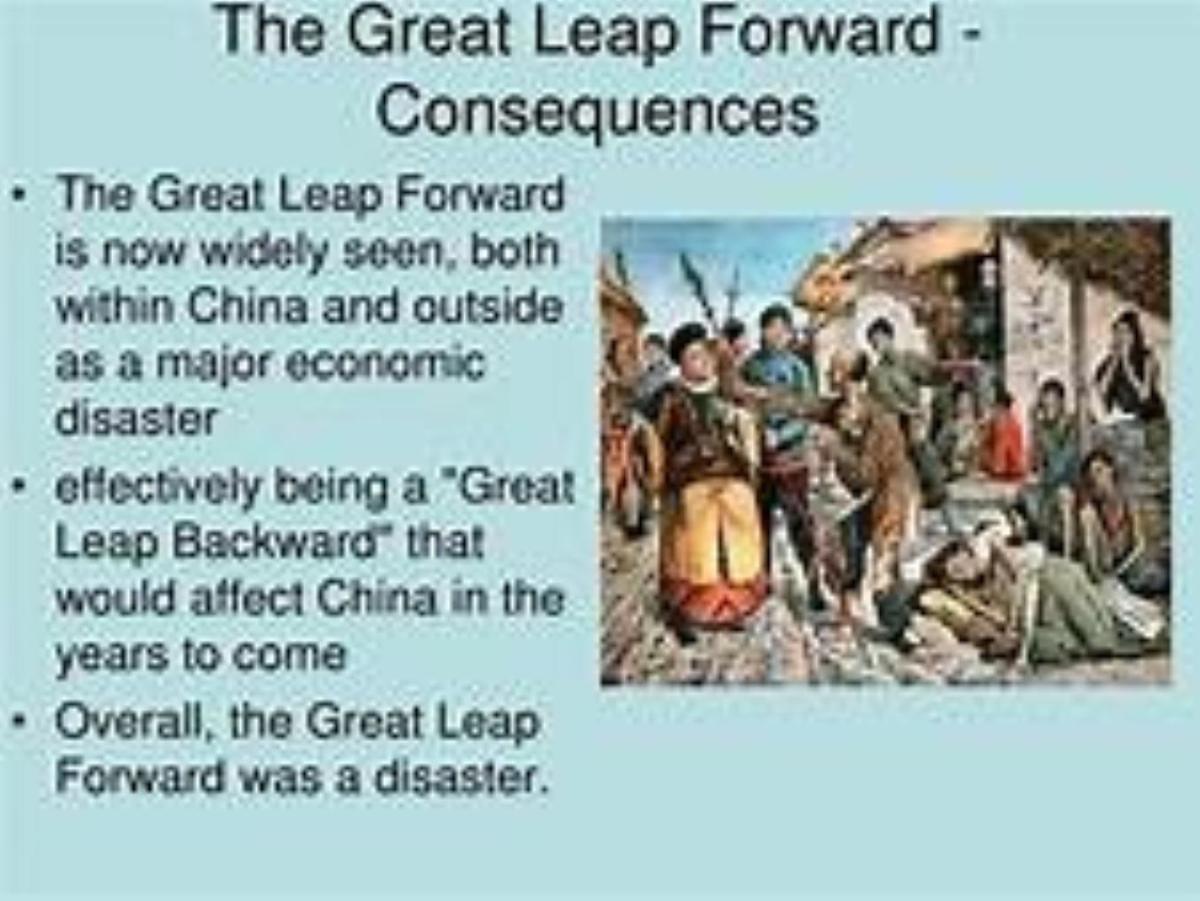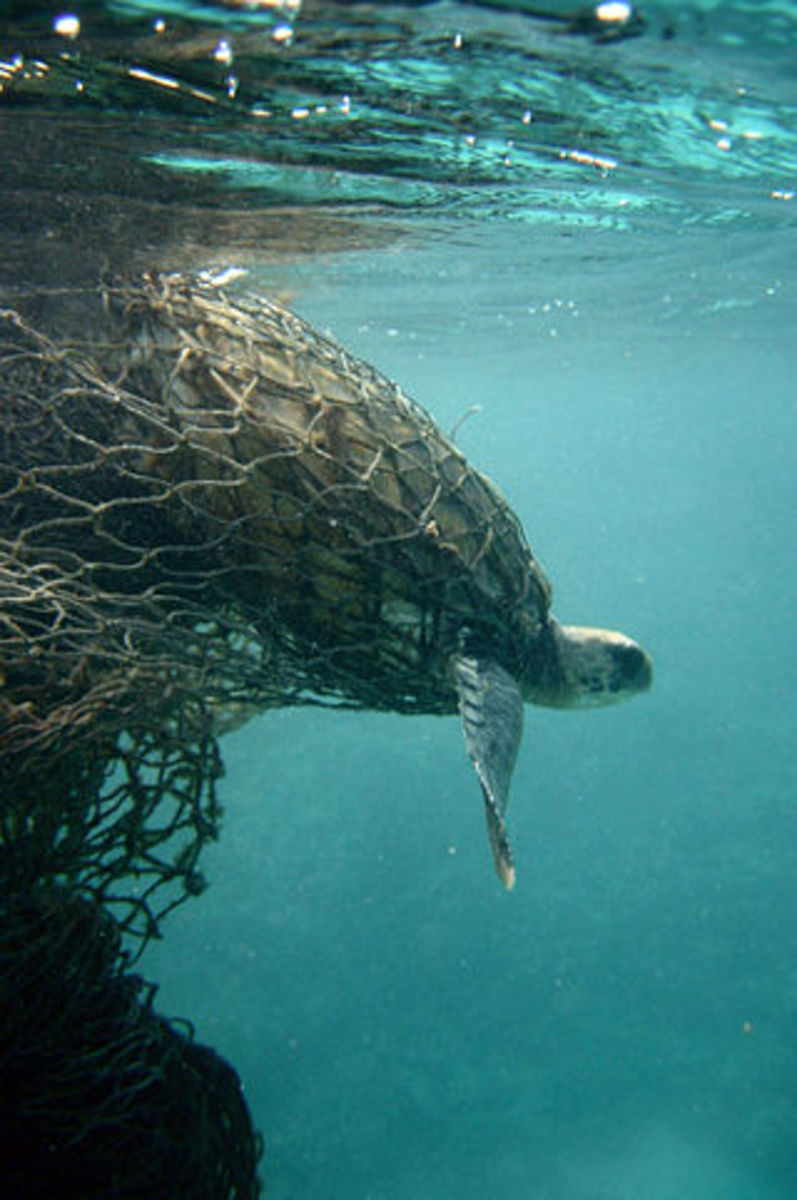The Problem With Trying to Legislate a Revolution
Green Political logo

History of Green Politics
The most important ideology to emerge over the last few years is environmentalism. The Green movement has progressed since the early 1980’s when the first successful Green party appeared in Germany. The Germans coined the term Die Grun which was translated into English as ‘Green’.
Prior to this event there had been a slow ground swell of support for ecological ideas and causes. The true fathers of a philosophy that places the preservation of nature at the centre of political life are the French enlightenment philosopher Rousseau and the American writer and naturalist Thoreau. In the late Twentieth Century rampant industrialization and the world wide obsession with economic growth made a growing number of people worry about natural resources depletion, species extinction, pollution and over population. Landmarks in the movement include the first boat sent out by Greenpeace in 1971 to protest American nuclear testing in Alaska; the Values Party in New Zealand which in 1972 contested for seats in a national election; and the UK’s Ecology Party formed in 1973. As mentioned in the opening paragraph it wasn’t until 1983 that the green movement tasted any mainstream political success. In that year a coalition of green groups won 27 seats in the Bundestag. This became the Green Party which was eventually to triumph in German elections and take centre stage in policy making. That original Green party identified The Four Pillars of the Green Party which represented the first Green Manifesto. The four pillars were:
Ecological Wisdom
Social Justice
Grassroots Democracy
Nonviolence
It was later in the 1980’s that Green Parties around the world (many of whom adopted a Sunflower as their emblem) elaborated and expanded on the four pillars to include such important ideas as decentralization, community based economics, respect for diversity, women’s rights, future focus and sustainability.
Off-set this?

Is the Battle Won?
Now at the end of the first decade of the Twenty-First Century these once maverick ideas are now considered orthodox values that have been adopted by most of the main stream political parties in the developed World. The Greens have won the day. Governments are continually passing new laws to curb pollution, reduce greenhouse gas emissions, create National Parks and Marine Parks and protected areas. Building standards in many places now fall more in line with LEED recommendations to save energy, water and improve air quality. Only a few thinkers deny the connection between climate change and man’s actions. The United Nations is committed to environmental protection. World Leaders meet regularly to discuss how best to curb C02 emissions, protect natural habitats of endangered species, stop logging and generally prevent the very real possibility of ecological disaster which looms scarily on the event horizon.
But is the battle won?
Sadly the answer is no. Why? Because you cannot legislate a revolution. Passing laws, decrees and resolutions are ineffectual if they are not followed and enforced. This is clearly the case in some places in the developing world. Take two examples. The first is the recent 2009 United Nations Copenhagen Climate Change Conference. The Second is the new carbon-off set program called Reducing Emissions from Deforestation and Forest Degradation.
Chinese True Colours

Legislation is not enough. Nor is money
The Copenhagen conference fizzled out after much initial hype and optimism when Barack Obama confronted the Chinese leadership about how they intended to prove that they were in compliance with their promises to lower greenhouse gas emissions. The Chinese weren’t going to allow independent teams into the People’s Republic to check emission levels. President Obama was right in calling the Chinese bluff. It is easy to make promises when there is no one there to check if you keep your promises. The petulant walk-out by the senior Chinese delegates showed the Chinese leadership for what it is - namely, a dictatorship that cares only for its very limited self-interests and cannot be bothered with environmentally friendly policies, especially any green policies that might cost them money. No amount of UN resolutions or votes is going to change this. The student martyr who was run down by a tank in Tiananmen Square in 1989 revealed the true nature of communism in China just as Barack Obama did in 2009. Don’t be fooled. The Chinese have only appeared to have joined the international fold of responsible countries because it suits their economic goals and they have found it expedient to lend the West billions of dollars to bail out the water in the sinking ship economies of Europe and America. They have gained the reluctant respect that any creditor gains over his or her debtor.
My second example of how good legislation is not worth the paper it is printed on without means to monitor and enforce compliance is the latest UN initiative called Reducing Emissions from Deforestation and Forest Degradation or simply REDD. The scheme is designed to increase aid to developing countries and protect forest areas by allowing major carbon producers to off-set their emissions by paying countries like Indonesia, Papua New Guinea, Brazil and the Congo to not chop down their forests. It is a new program but already the program is beset by a litany of embarrassing scandals. The Congo has accepted millions of dollars in REDD credits while at the same time opening up 10 million hectares of jungle to logging concessions. Indonesia has been quick to take REDD money with eyes wide shut while at the same time allowing palm oil cultivators to continue clear cutting rain forest. In Kenya the government has accepted REDD cash but can do nothing to stop gangs going into National Parks to chop down trees to process into charcoal for the lucrative urban markets. A UK-based business man was recently arrested for trying to bribe government officials in Liberia to sell him 20% of the emission rights of Liberia’s forests which he planned to speculatively profit by.
These are just two brief summaries of two examples how you cannot legislate a revolution. The Greens have won in Europe and are winning in America and Canada. They are having no such luck in countries which have a history of ignoring decrees from the top, whether the top be their own government or an over-arching authority like the UN. I’m not suggesting violent conflict. War rarely ever brings peace or true democracy. Iraq and Afghanistan are proving the truth of that. What I am suggesting is a bit more hard-boiled realism and stronger negotiators. Obama is the man. And I’m suggesting that the West cannot for a moment imagine that they can just simply throw money at poor countries in a feeble attempt to ‘off-set’ their own reluctance to make real environmentally friendly changes in their own lifestyles and economies. Rather than paying an African to not chop down a tree why not stop driving your car to work?
Green Hubs and Green Blogs
- Planned Obsolescence
Until recently companies did not see that it was in their interest to build products that last forever. If they did sell a product that never wore out or broke they would quickly run out of customers. - Bamboo is one of the Answers
Turning to bamboo to make consumer products is one way to help stop deforestation. Planting more bamboo is also a good way to rectify the carbon imbalance in the atmosphere. - Are Feed-in Tariffs A Good Idea?
Since April 1st, 2010 people living in the UK are entitled to take advantage of a scheme that makes installing solar panels on your house or a wind turbine on your property much more affordable. - The Truth About Coconut Oil and Saturated Fats
Are saturated fats really bad for you? Read on. - Coconut flooring, coconut oil and coconut cook books
Coconut palms take only 5 to 6 years to reach maturity. Coconut flooring is a strong and durable alternative to hardwood flooring. Coconut oil also has several health benefits. - Which is better - uPVC or Aluminum Windows
Environmental friendliness and energy efficiency clash in the battle of the window frames. - Best Thermostat - Honeywell RTH7500D or Lux TX1500E?
A review of which is the better the programmable thermostat - the Honeywell RTH7500D or the Lux TX1500E? - Suberin in Cork Flooring
Cork is a renewable resource that makes excellent flooring. One of the reasons that cork is a good material for flooring is that it contains suberin. - Earthmate Compact Fluorescent Light Bulbs
The fluorescent light was invented by Peter Cooper Hewitt in the late 1890s and was used in photographic studios but the... - Conflicting Green Issues
Green is the new black. Everything should be green and environmentally friendly. Sustainability, recycling, off-setting, renewable energy, environmental certification, local sourcing and carbon footprint are... - What is Green Interior Design
A look at how green interior design is more concerned with ethics then conforming to changes in fashion. - Green interior Design Blog
New blog looking at current developments in green politics and green technology - Act Now To Stop Another Oil Spill Disaster
Watching the scenes of the devastating oil spill in the Gulf of Mexico has surely made many people realize the risks and hazards the world faces in maintaining its present addiction to oil consumption.








